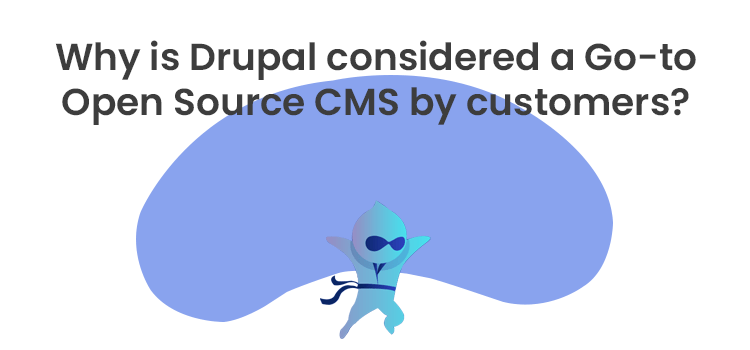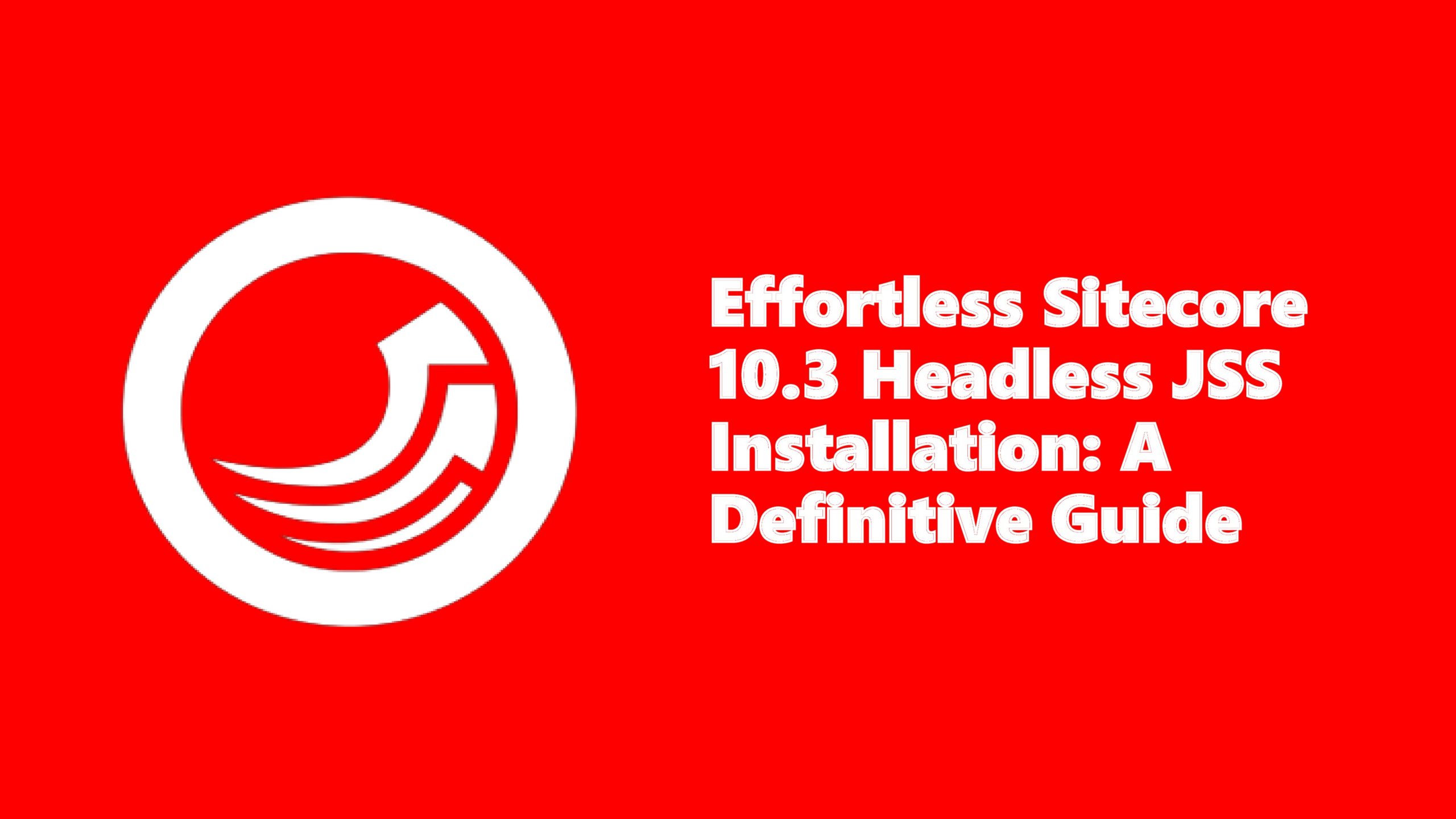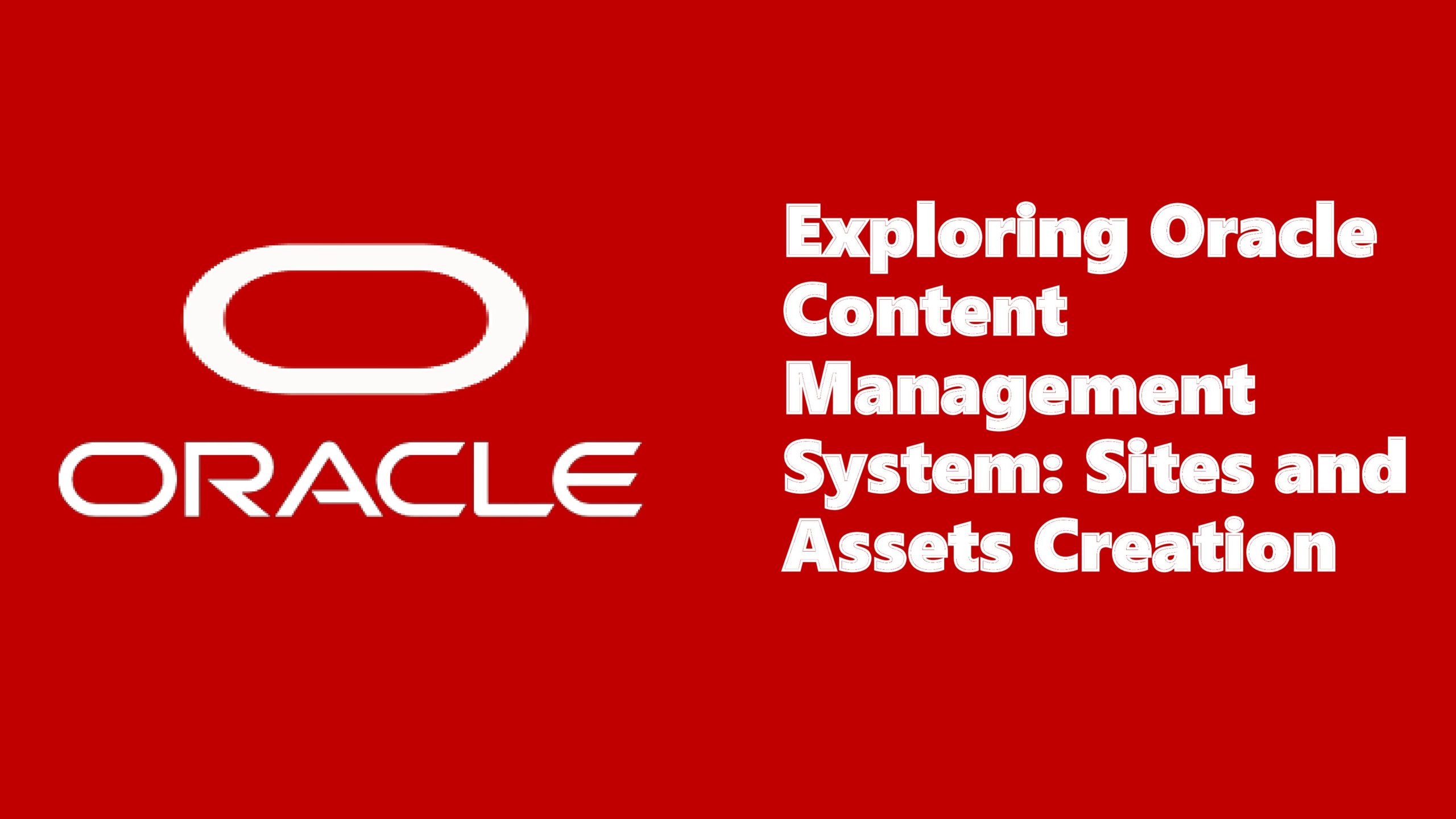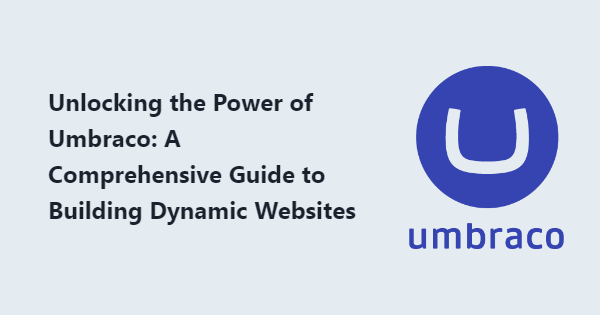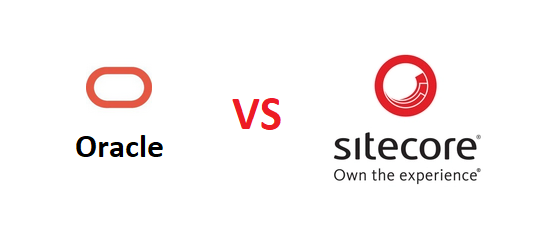Why is Drupal Considered a Go-To Open Source CMS?
Introduction
In the ever-evolving world of web development and content management, choosing the right Content Management System (CMS) is crucial for a successful online presence. Drupal, an open-source CMS, has consistently proven itself as a go-to platform for a wide range of websites, from small businesses to large enterprises. In this article, we will explore the reasons why Drupal is highly regarded and why it stands out as a top choice among CMS options. Let’s delve into the features and advantages that make Drupal a powerful and versatile platform for building exceptional websites.
1. Flexibility and Customization
Drupal offers unparalleled flexibility and customization options, making it a favorite among web developers and designers. With its extensive array of themes, modules, and plugins, Drupal allows users to create unique and tailored websites to suit specific requirements. Whether you need a simple blog or a complex e-commerce platform, Drupal can handle it all. Its modular architecture enables seamless integration of various functionalities, ensuring the website can grow and adapt as the business evolves.
2. Robust Security Features
Security is a top priority in the digital age, and Drupal excels in this area. The CMS has a dedicated security team that actively monitors and addresses vulnerabilities, ensuring that websites built on Drupal remain robust and protected against potential threats. Additionally, Drupal’s open-source nature allows for community-driven efforts in identifying and fixing security loopholes promptly. This emphasis on security makes Drupal a trustworthy option for businesses and organizations that handle sensitive data.
3. Scalability for Growing Websites
As a website grows and attracts more visitors, it must be able to handle increased traffic and demands. Drupal is renowned for its scalability, making it an ideal choice for websites with ambitious growth plans. Whether you’re running a small blog or a high-traffic enterprise site, Drupal can efficiently manage the surges in user activity without compromising performance. This scalability ensures a smooth user experience, promoting visitor retention and satisfaction.
4. SEO-Friendly Architecture
In the digital marketing landscape, Search Engine Optimization (SEO) plays a vital role in driving organic traffic to a website. Drupal’s architecture is inherently SEO-friendly, making it easier for websites to rank higher on search engine result pages (SERPs). The platform generates clean URLs, enables easy customization of meta tags, and supports responsive design, which all contribute to better search engine visibility. By choosing Drupal, website owners can boost their chances of reaching a broader audience and maximizing organic traffic.
5. Multilingual Support
With the internet connecting people worldwide, multilingual support has become a significant aspect of website development. Drupal offers robust multilingual capabilities, allowing website owners to create content in multiple languages and cater to a global audience. This feature is invaluable for businesses seeking to expand their reach to diverse markets and engage with users from different language backgrounds effectively.
6. Active Community and Extensive Documentation
Drupal boasts a vibrant and active community of developers, designers, and users who contribute to the platform’s growth and improvement continually. This strong community presence ensures that Drupal remains up-to-date with the latest trends and technologies. Furthermore, Drupal’s documentation is extensive and well-maintained, making it easier for beginners and experienced developers alike to find resources and support for their projects.
7. Accessibility Compliance
Inclusivity and accessibility are essential considerations in modern website development. Drupal has made significant strides in meeting accessibility standards, ensuring that websites built on the platform are accessible to users with disabilities. Adhering to accessibility guidelines not only enhances the user experience for all visitors but also demonstrates a commitment to inclusivity and social responsibility.
8. Continuous Innovation
Drupal’s commitment to innovation keeps it at the forefront of CMS technology. Regular updates and enhancements ensure that users benefit from the latest features, security patches, and performance optimizations. The platform’s adaptability to emerging trends and technologies solidifies its position as a reliable and future-proof CMS.
Conclusion
In conclusion, Drupal stands out as a go-to open-source CMS for a multitude of reasons. Its flexibility, robust security features, scalability, and SEO-friendly architecture make it an excellent choice for businesses and organizations of all sizes. The platform’s dedication to accessibility and continuous innovation ensures that websites built on Drupal remain cutting-edge and user-friendly. With a thriving community and extensive documentation, Drupal offers comprehensive support for users at all levels of expertise.


